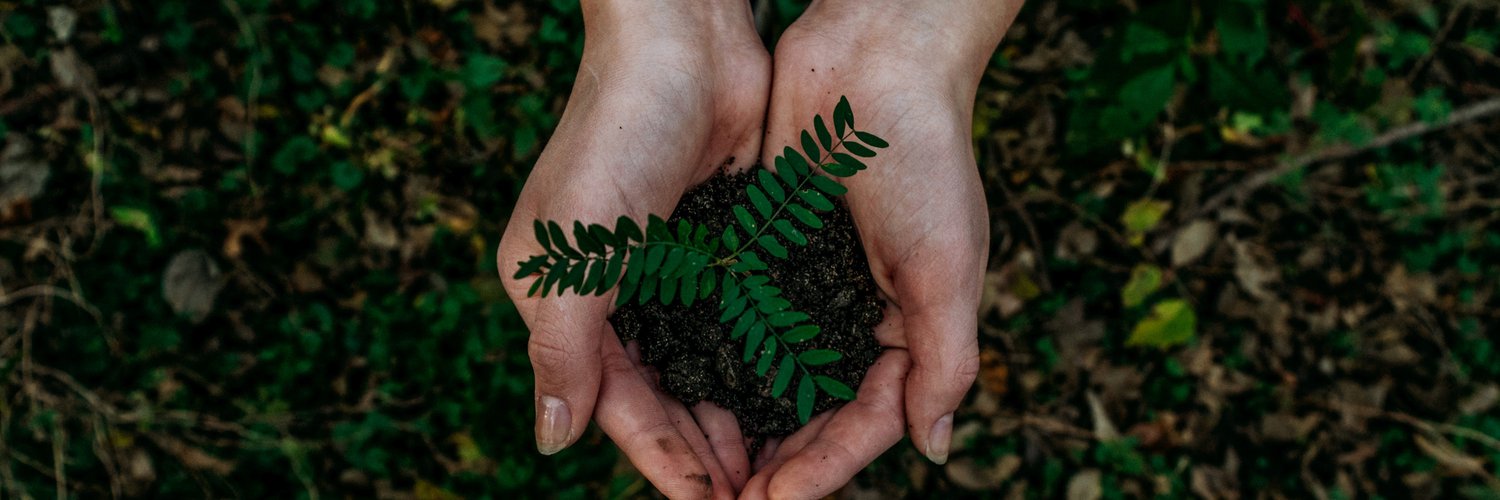At the day of Pentecost, after the Spirit had been poured out on the believers in Jesus, Peter stands up to explain this outpouring of the Spirit. Peter quotes Joel 2:28, which promises that God will “pour out the Spirit on all flesh.” Importantly, in Joel and in Acts, this all flesh includes non-human flesh. That is, at Pentecost, all of creation is baptised with the Spirit.
In Joel, we can see that all of creation is in view in the description of all flesh, as the audience of Joel’s prophetic word is inclusive of creation.[1] Joel begins his prophetic word, 1:2 by addressing “all the inhabitants of the land”, and then specifically calls creation to lament in the metaphor of a “virgin in sackcloth” in 1:8. Now Joel indicates that creation does obey the prophetic word in the imagery of moaning cattle and wild animals, in 1:18 & 1:20.[2] That is, in Joel, creation receives a call to lament, and creation then proceeds to lament.
Moreover, the suffering of creation plays a significant role in the narrative flow of Joel. In Joel 2:18, YHWH relents from bringing utter destruction from the people and all creation, stating that “the Lord was jealous for the land and had pity on the people”. That is, YHWH, in part, relents from the terrible day of the Lord because YHWH was jealous for the land. Therefore, we see that the audience of Joel is not only humans, but rather creation wide, which then implies that all flesh can be inclusive of all of creation.
All of this indicates that creation is a significant active character in Joel 1-2, as creation receives the word of the Lord through the prophet Joel, laments and calls out for salvation. As Rickie D. Moore notes of Joel 2;28, “The promise of God’s Spirit is first poured out in terminology as wide as creation.”[3] Joel then has all of creation in view when speaking of the outpouring of the Spirit on all flesh in Joel 2:28.
Likewise, in Acts, “all flesh” is inclusive of creation. In this Pentecost explanation, Peter modifies to Joel quotation to emphasise the Spirit’s work in creation. Peter slightly changes the “wonders in the heavens and on the earth” (Joel 2:30) to “wonders in the heavens above and signs on the earth below” (Acts 2:19). That is, Peter adds “signs” to Joel’s language of wonders, creating the couplet of “signs and wonders”, which connects this imagery to the “signs and wonders” of Jesus (Acts 2:22) and the apostles (Acts 2:43). It is God who will show these signs (Acts 2:19), just as it is God who worked signs and wonders through Jesus in His earthly ministry and through the apostles. Peter then indicates that creation, just like Jesus and the apostles, performs signs and wonders through the Spirit of God as a part of its prophetic calling and empowerment.
This should encourage Pentecostals, in Australia and globally, to see creation as an active partner in the baptism in the Holy Spirit. At Pentecost the Spirit of God is poured out on all flesh, both human and non-human flesh, and the Spirit empowers both humans and all of creation to perform signs and wonders in their own way. As we become more aware of the current ecological crises that face Australia, Australian Pentecostals can draw upon Acts 2 to help them build a constructive Pentecostal ecology for the present and the future.
About the author: John Griffiths
John grew up in the Pentecostal church; after graduating high school he felt the call of God to study and serve in the church. His next step was a journey towards his PhD, completing an honours year focussing on the, ‘pericopae adulterae’ in the Gospel of John, and then in 2016 starting a PhD on the Spirit as gift in Acts, which lead him to a career at AC. John is a member of the Biblical Studies, Ecotheology and Sustainable Development and Pentecostal Studies research clusters.
[1] Laurie J. Braaten, “Earth Community in Joel: A Call to Identify with the Rest of Creation,” in Exploring Ecological Hermeneutics, ed. Norman C. Habel and Peter Trudinger (Atlanta: SBL, 2008), 63–74.
[2] Braaten, “Earth Community in Joel,” 66.
[3] Rickie D. Moore, “Joel,” in The Book of the Twelve, Pentecostal Commentary Series edited by John Christopher Thomas (Leiden: Brill, 2020), 165.
Expand Your Understanding of God and Scripture with Our Theology Courses
Are you passionate about exploring the depths of Christian theology? Our Theology courses offer an in-depth study of biblical doctrine, church history, and the foundations of faith. Whether you’re pursuing a deeper personal understanding or preparing for ministry, our courses are designed to equip you for a life of thoughtful reflection and informed action.
Related Courses:



